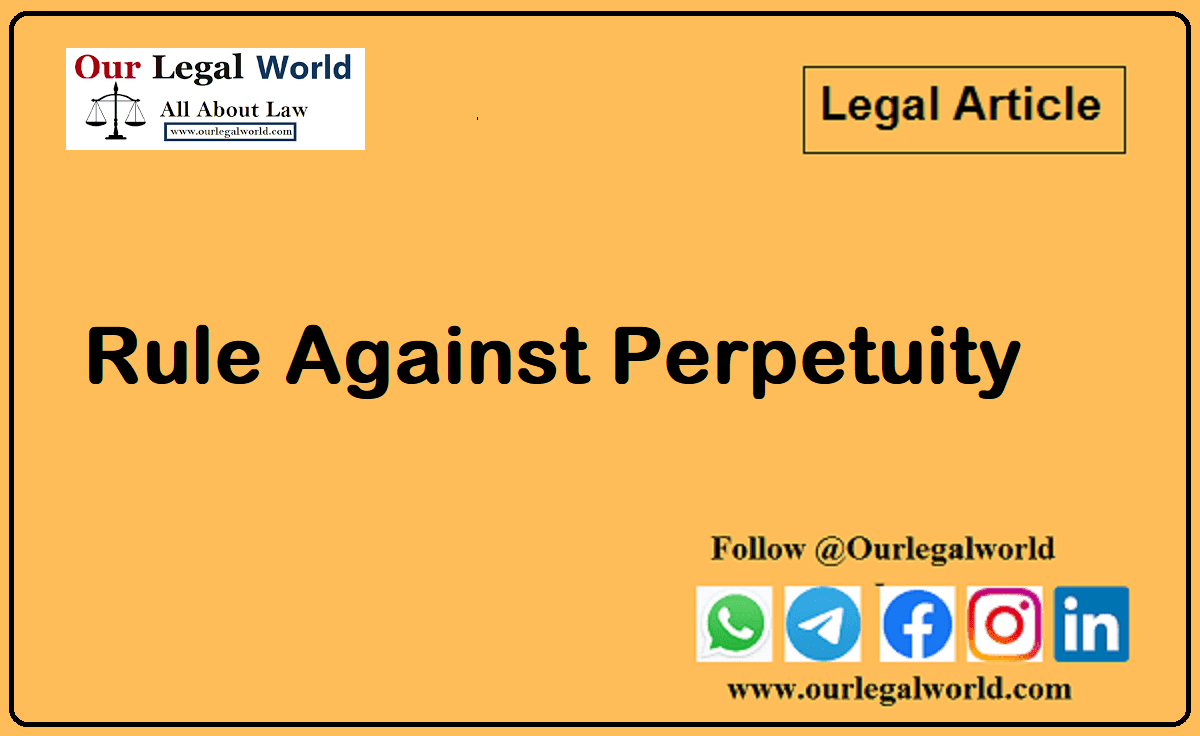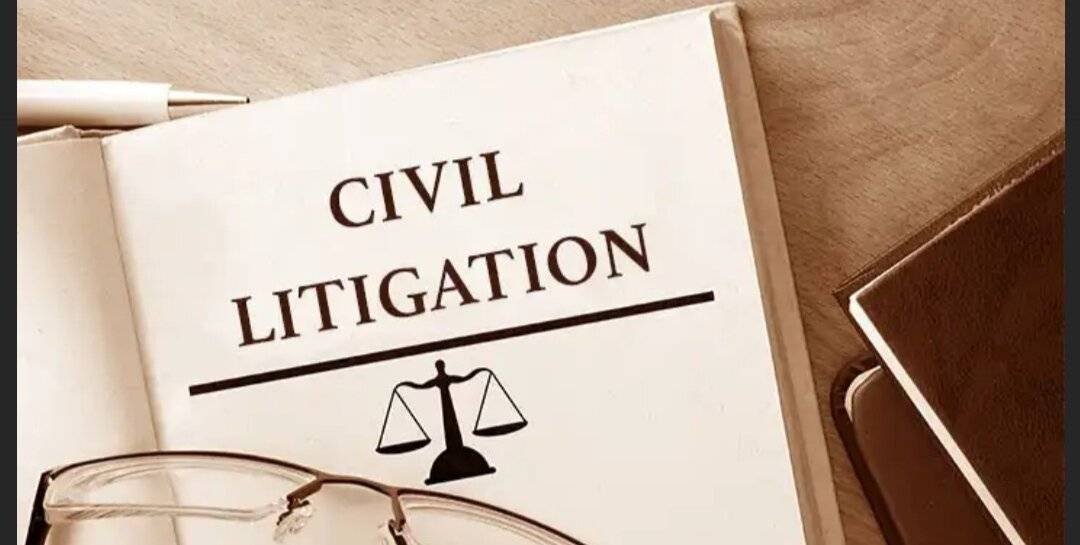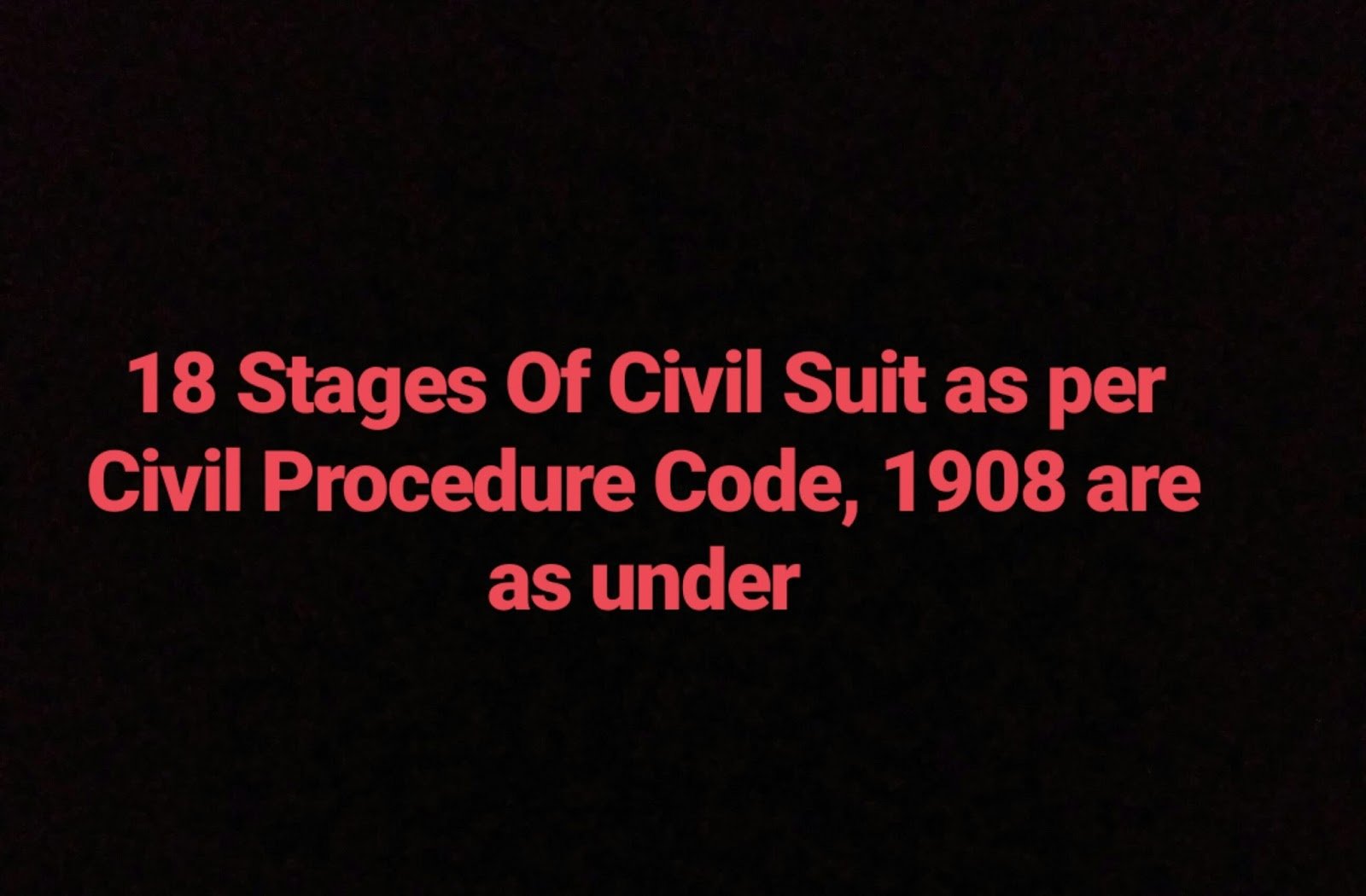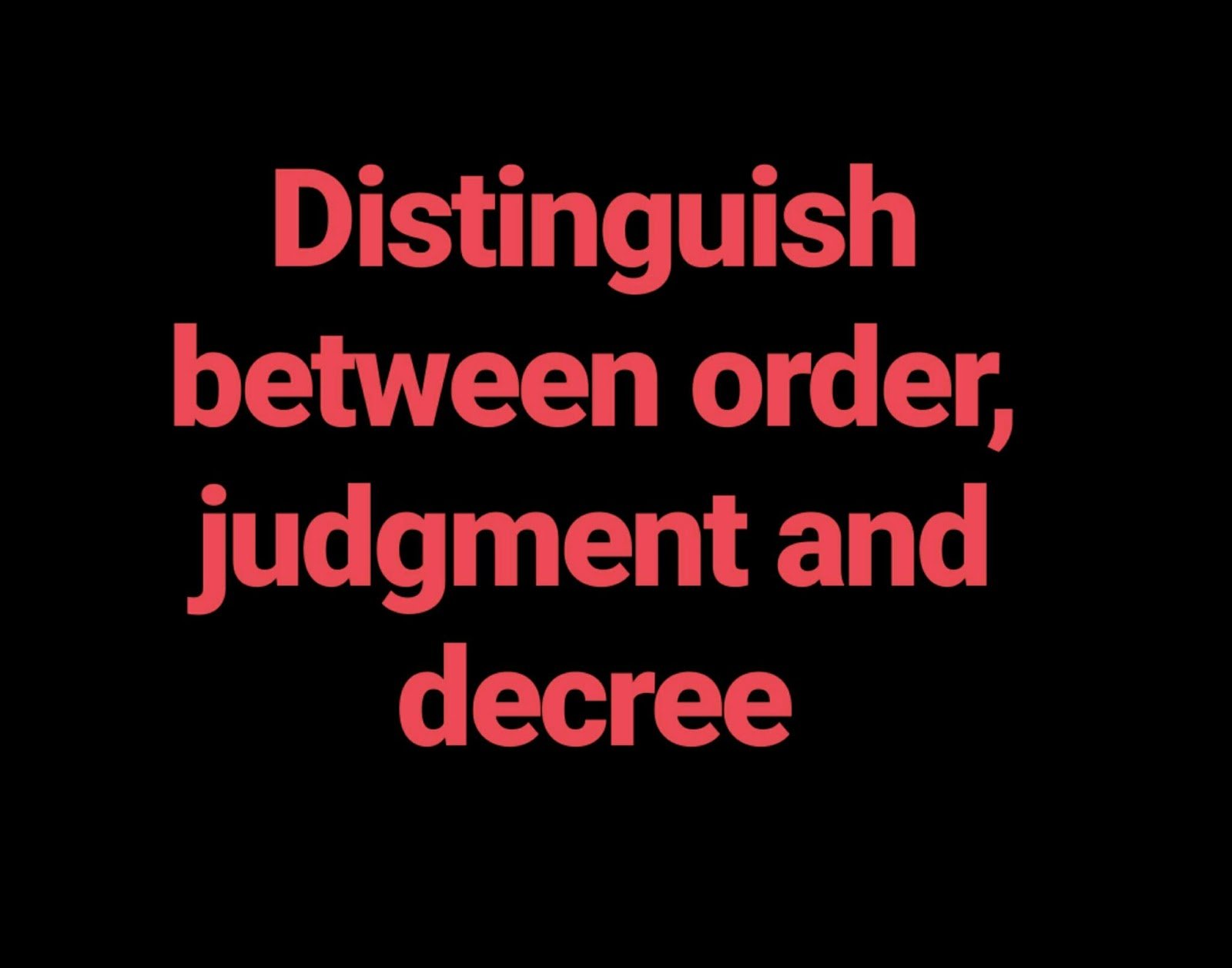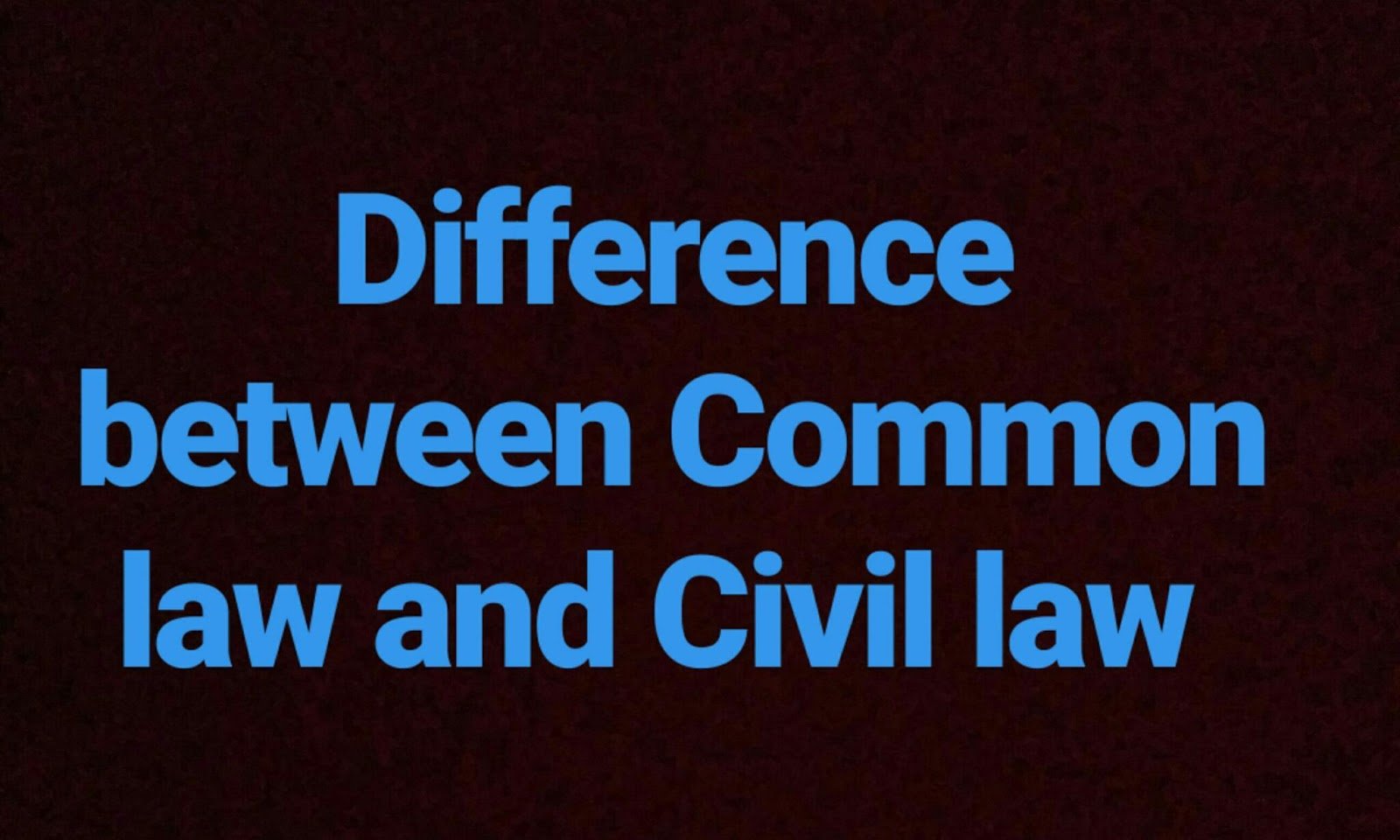Civil Law
The Code of Civil Procedure, 1908 (CPC) is an adjective law. It neither creates nor takes away any right. CPC Notes for Judicial Services, CPC Legal Drafts, Civil Petition, Suit.
Rule Against Perpetuity
Rule Against Perpetuity Introduction In the realm of property law, one often encounters a complex and archaic rule known as the “Rule Against Perpetuities.” This....
Amendment of Pleadings | Order 6 Rule 17 CPC
Amendment of Pleadings | Order 6 Rule 17 CPC Introduction Pleadings are statements in writing delivered by both the parties involved in the litigation namely,....
Transfer of Property Act Case Laws | Judicial Services
Transfer of Property Act Case Laws | Judicial Services | Law Exam 1. Duncans Industries Ltd. v. State of U.P (2000) 1 SCC 633 Whether....
Formalities for Filing of Civil Suit
Formalities for Filing of Civil Suit (Order 4 Rule 1, 2, Order 6 Rule 1 to 15, Order 7 Rule 1, 9) Before the suit....
Very important Illustrations of Res Judicata or Section 11 of CPC
Very important Illustrations of Res Judicata or Section 11 of CPC Let us consider few illustrations / Example to understand the doctrine of res judicata:....
Alternative Dispute Resolution under CPC, 1908- Our Legal World
Alternative Dispute Resolution under CPC, 1908 Abstract Alternative Dispute Resolution refers to a spread of strategies for resolving disputes with the aid of way apart....
Short Explanation of Doctrine of Lis Pendens Sec 52 ToP Act 1882
Short Explanation of Doctrine of Lis Pendens Sec 52 of Transfer of Property Act, 1882 When there is a litigation between two person in regard....
Stages Of Civil Suit/Trial as per Civil Procedure Code, 1908
Stages Of Civil Suit as per Civil Procedure Code, 1908 Introduction A civil suit is basically a dispute that arises between individuals in a personal....
Distinguish between order, Judgment and Decree
Distinguish between order, Judgment and Decree Difference between judgement and order INTRODUCTION The decision given by the Court of law, are either decrees or orders.....
Difference between Common Law and Civil Law Systems
Difference between Common Law and Civil Law Systems In a, legal systems in countries around the world generally fall into one of two main categories:....
